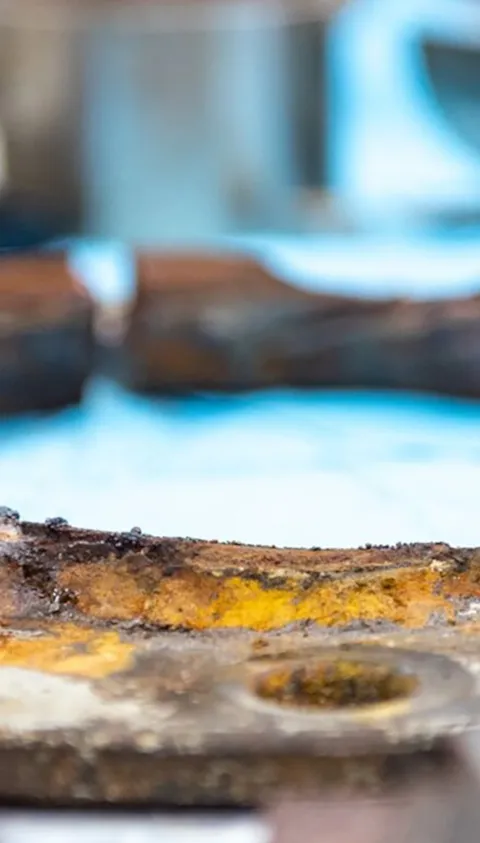

The current trend for natural gas infrastructure involves the development of fields where pipelines and processing equipment are exposed to severely corrosive conditions, such as wet gas containing high levels of CO2 and H2S. Carbon capture and storage (CCS) and hydrogen development projects require storage facilities and pipelines for transporting CO2 and H2. These projects face different challenges related to materials corrosion and degradation. Existing materials may not be adequate for new applications, technologies, and systems designed for repurposing existing infrastructure for the transport of H2 and CO2.
DNV’s expert team possesses in-depth knowledge of materials technology and broad experience related to the design and operation of energy systems. We take an integrated approach to perform corrosion studies and materials selection for a variety of energy production and transportation systems. Furthermore, DNV has state-of-the-art corrosion testing facilities to help clients test viable material candidates under actual operating conditions and in accordance with applicable international standards.
Our expertise in corrosion is especially directed towards:
- Internal corrosion and degradation: This includes sweet/sour corrosion, corrosion analysis and modelling, corrosion mechanisms and assessment, hydrogen embrittlement, and environmental assisted cracking.
- External corrosion and degradation: We focus on sea water corrosion, pipes in soil, under insulation corrosion, atmospheric corrosion, and stress corrosion cracking.
- Corrosion protection and assessment: Our services cover cathodic protection, inhibition methods, painting/coating solutions, and the use of corrosion-resistant alloys (CRA).
For materials selection, our capabilities include:
- Review and analysis of operating conditions
- Corrosion modelling and simulation
- Assessment of literature, standards, and code requirements
- Development of qualification test programs
- Consultation on customized materials and corrosion testing solutions
- Guidance on HPHT (high pressure high temperature) corrosion, sour service, and fracture mechanics testing methods
- Design and execution of outdoor exposure tests and assessments
- Characterization of short- and long-term performance.